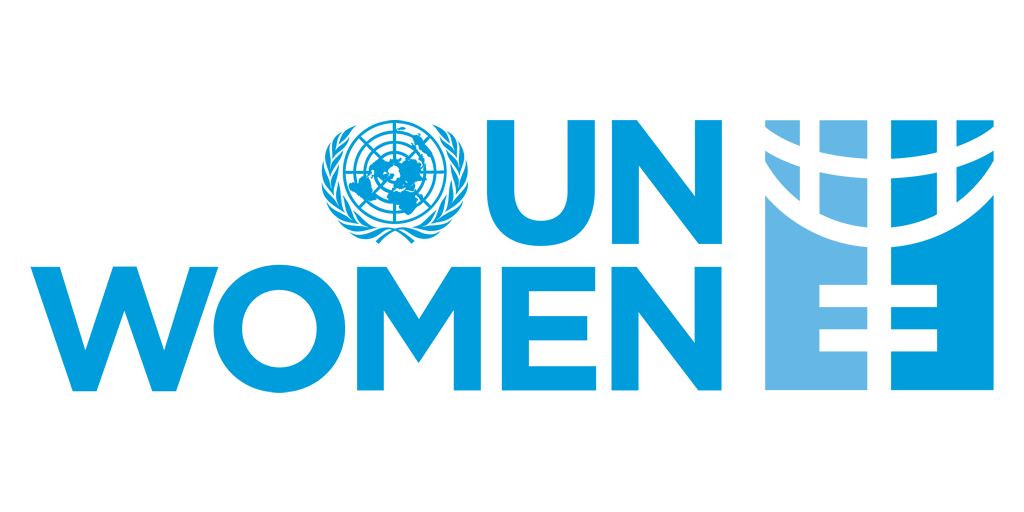Op-ed: Where crises multiply risks, women multiply solutions
The Sustainable Development Goals recognize that gender equality is integral to our collective global progress. While there is one standalone goal — Goal 5 — on gender equality and the empowerment of women, the truth is that without gender equality none of the goals will be attainable. It is a precondition for global progress, as well as a vital ingredient in our ability to respond effectively to crises and development challenges.
Earlier this month, UN Women and the government of Germany met in Berlin to reaffirm our resolve to accelerate gender equality. Our conversations recognized that there is a startling disconnect between the extent to which women and girls are impacted by the rising global challenges and the extent to which they are involved in finding, leading, and implementing solutions.
Over and over again, the global community is missing the chance to make better decisions by having women at the table and in positions of leadership. We can and must do better.
Violent conflict is a salient example. From Ukraine to Afghanistan and from Syria to Ethiopia, women are heavily impacted — by displacement, violence, including sexual violence, and the ramifications of food and energy shortages. Yet they remain largely absent as leaders in peace and humanitarian response.
The ongoing war in Ukraine shows that women have important roles to play, from serving in the armed forces to keeping families and communities together, within Ukraine and abroad.
A rapid assessment of Ukrainian women-focused civil society organizations conducted by UN Women in early March identified their urgent need of funding, and, beyond that, their priority to achieve participation in decision making, whether in relation to humanitarian relief, peace talks, or reconstruction plans. We also know that this ask, if realized, would increase chances of lasting peace.
The pandemic reveals the same pattern. The repercussions of the coronavirus hit women in areas where their rights were already vulnerable: their livelihoods, health, and safety. Lockdowns and curfews destroyed many of the part-time, informal, and service-oriented jobs where women are overrepresented. At the same time, it increased their caregiving responsibilities.
It is estimated that over 100 million women aged 25 to 54 are now missing from the global workforce. COVID-19 also interrupted gynecological and reproductive care and unleashed a surge in domestic, gender-based violence.
Despite the pandemic’s severe impact on women, they were largely excluded from COVID-19 taskforces, with only a quarter of the seats. The result was a policy response that failed to meet their needs.
The absence of a gender lens is also clear — and inexplicable — in the fight to combat climate change. Women are 14 times more likely than men to die during a natural disaster, due to limited mobility, access to information, and decision-making power. Yet they are rarely part of debates around mitigation, where possible, and adaptation, where necessary.
Globally, only one-third of 192 national energy frameworks include gender considerations. From the search for low-carbon energy to the local practice of climate-resilient agriculture, no solution will be sustainable, or even doable, if it does not include the voices of women.
How do we make women equal partners in addressing the biggest challenges of our times?
Measures are urgently needed to ensure women’s inclusion at all levels of decision making, including quotas for parliaments and reserved seats at peacemaking tables. We should also recognize the essential part that women’s organizations play in advocating for change, acting as watchdogs, and demanding accountability. Where women’s organizations are strong, democracies are stronger.
During the pandemic, feminist advocacy was relentless and women’s organizations often filled the gaps where governments were stretched thin — providing child care services, food banks, and services to respond to gender-based violence. And yet, they do all of this work on a shoestring. The latest data from the Organisation for Economic Co-operation and Development shows that although bilateral aid for gender equality increased very slightly in 2019-2020, less than 2% of it went to women’s organizations.
No single government, institution, or NGO can do it alone. It requires unprecedented global solidarity and multistakeholder partnerships to advance the SDGs. That’s why UN Women and the government of Germany, alongside many other member states, are driving collective action to accelerate gender equality.
There are signs of hope for progress. The conclusions of the recent session of the Commission on the Status of Women recognize women’s leadership in the climate crisis and underscore the valuable role they must play. The UN Women-convened Generation Equality Forum is bringing governments, private sector, civil society, youth, and other actors across all sectors together to accelerate gender equality implementation and shed light on both the urgency and the need for consolidated efforts.
Germany has demonstrated a strong commitment to gender equality through its feminist development policy and feminist foreign policy.
All of us must work toward a world where we expect, support, and fund women’s involvement and leadership in decision making, peacebuilding, climate mitigation, and recovery. Our world’s resilience and very future depend on it.
Authors’ note: Throughout this op-ed, we speak of women and girls in all their diversity.
